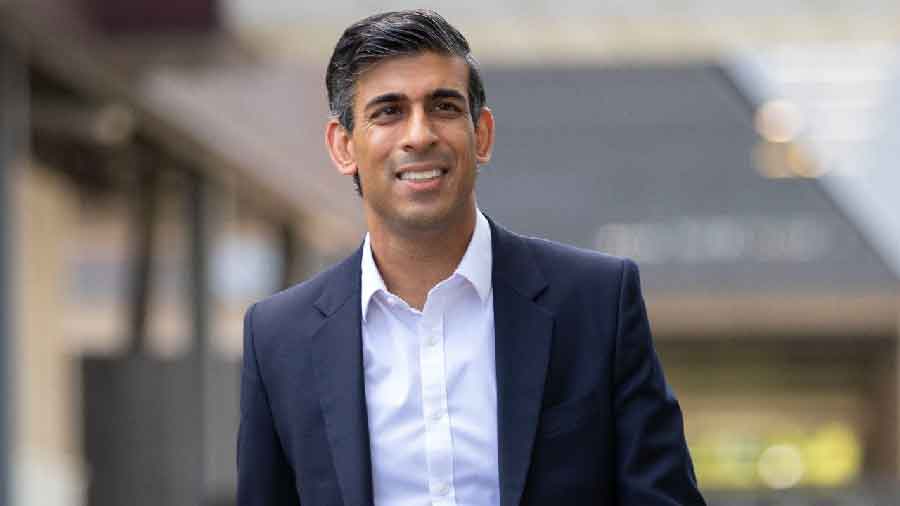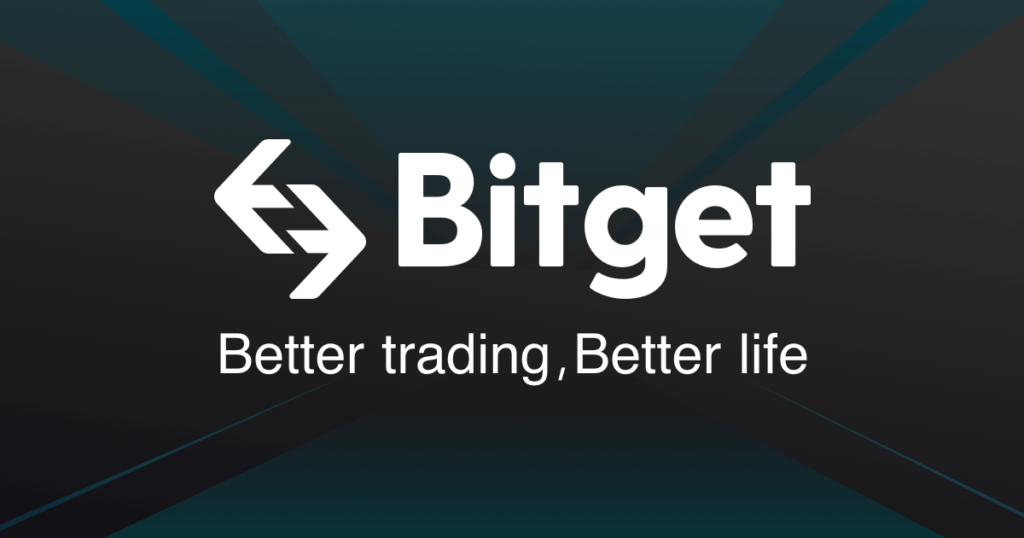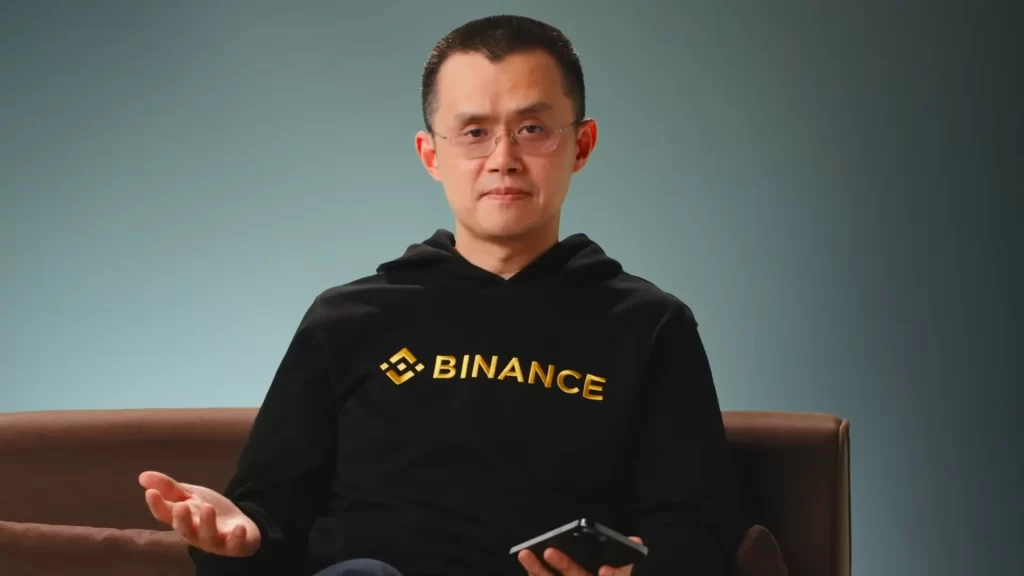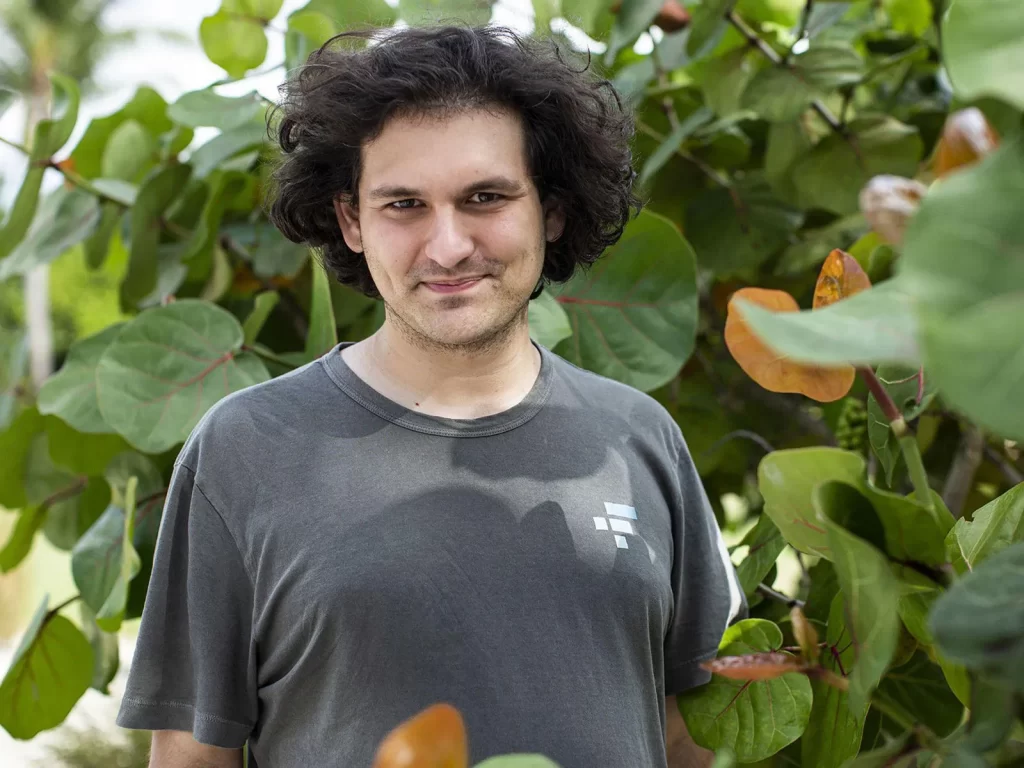Former FTX CEO and co-founder, Sam “SBF” Bankman-Fried, has entered a plea of not guilty to charges of fraud and money laundering as stated in an updated indictment, reported recently.
The proceedings, presided over by Magistrate Judge Sarah Netburn, encompassed seven counts of fraud and money laundering, along with an added campaign finance charge.
Bankman-Fried asserted his innocence in regard to all allegations.
During the court session, SBF’s legal representatives raised concerns about his medical requirements.
They highlighted that SBF relies on Adderall and adheres to a vegan diet, both of which have not been met for the past 11 days. In response, the lawyers also requested that their client be provided with a vegan diet while in custody.
Furthermore, SBF’s counsel voiced apprehensions related to his ability to prepare adequately for the trial.
READ MORE: Crypto Industry Adapts to Bear Market
They noted that Bankman-Fried has been in remand since August 11 and expressed concern that they have only been presented with impractical solutions.
Bankman-Fried appeared before the Southern District of New York courthouse on August 22, facing allegations of using customer funds for personal gains and political contributions.
While the charges for fraud and money laundering date back to December, additional campaign finance charges were included by the prosecutors earlier in the month.
This series of developments follows the decision to revoke Bankman-Fried’s bail, leading to his departure from the New York courtroom in handcuffs.
Earlier in the week, SBF sought permission from the court to spend weekdays outside of detention in order to collaborate more effectively with his legal team on his defense.
A federal judge overseeing the criminal case granted him the ability to meet with his legal representatives outside of jail for approximately seven hours, allowing some flexibility in his preparations for the upcoming trial.
Other Stories:
Binance Contemplates Legal Action Against Former Payment Provider
Ripple Labs vs. SEC: Appeals Process Sparks Debate Over Ongoing Legal Case










